How to Build Your Own Hydroponic Garden
•Posted on May 03 2024
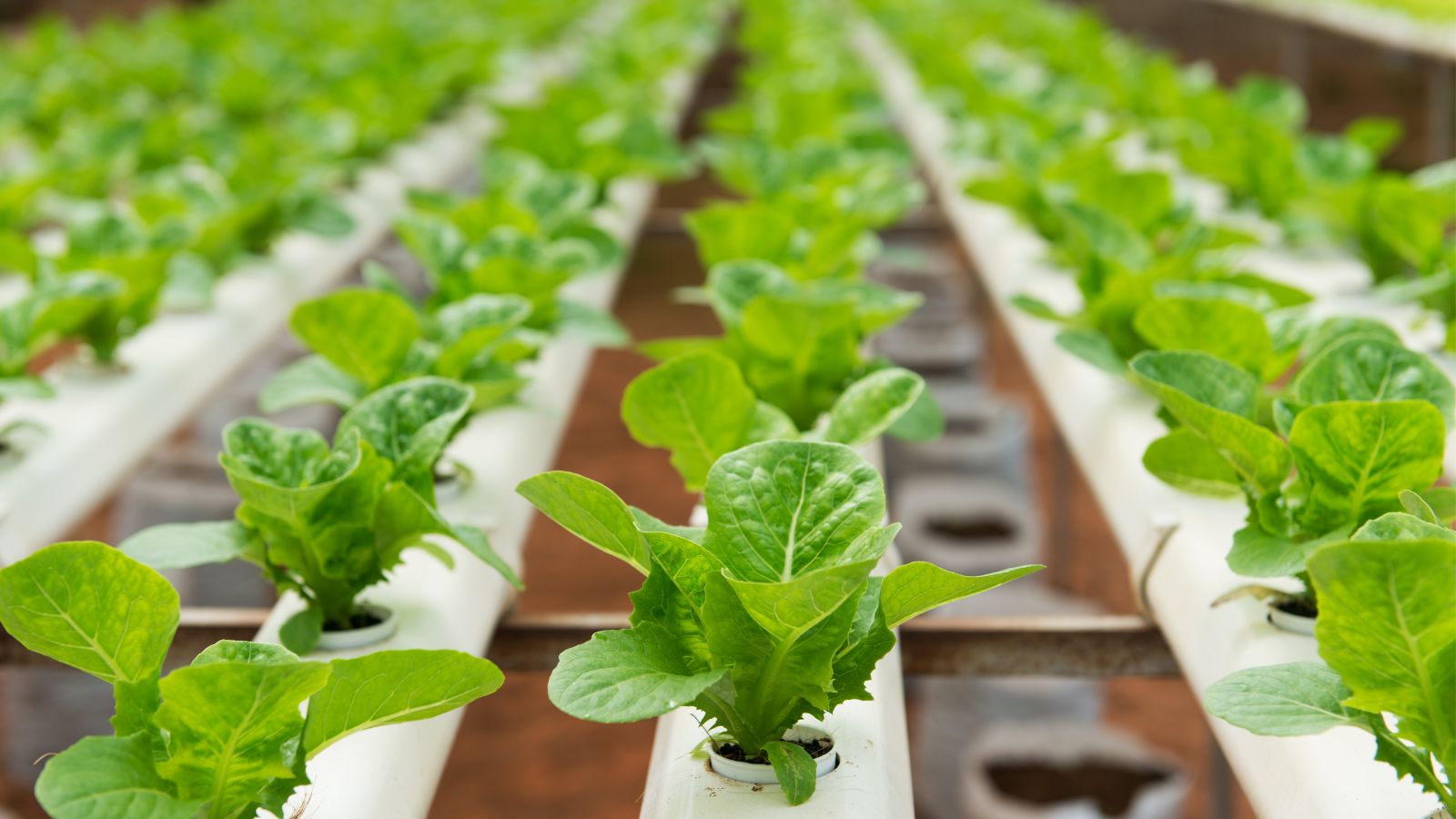
In the realm of modern gardening, hydroponics stands out as a revolutionary approach, offering a plethora of benefits and opportunities for aspiring growers.
Whether you're a seasoned gardener looking to explore new horizons or a beginner eager to embark on a green journey, building a hydroponic garden opens doors to a world of possibilities.
In this guide, we'll delve into the intricacies of hydroponics, from its fundamental principles to practical tips on setting up your own hydroponic system at home.
Recommended for You:

What is Hydroponics?
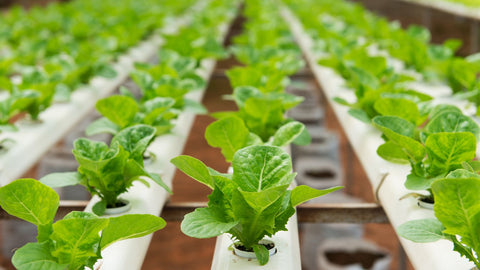
At its core, hydroponics is a method of growing plants without soil, where nutrient-rich water directly nourishes the plant's roots.
Instead of relying on traditional soil-based cultivation, hydroponic systems utilize various mediums such as perlite, rockwool, coconut coir, or simply water to support plant growth.
This innovative approach allows for precise control over environmental factors like nutrient levels, pH balance, and water supply, resulting in faster growth rates and higher yields compared to conventional gardening methods.
Related Post: Is it Worth it to Build a Greenhouse?
How Hydroponic Systems Work
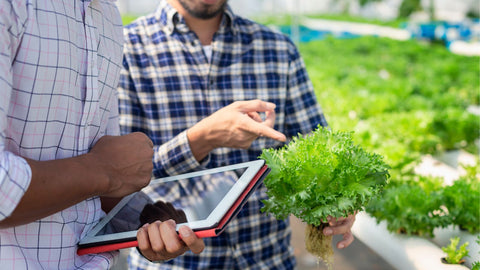
Hydroponic systems operate on the principle of delivering essential nutrients directly to the plant roots in a controlled environment.
There are several types of hydroponic systems, each with its unique mechanism.
One popular system is the ebb and flow (or flood and drain) system, where plants are periodically flooded with nutrient solution and then drained, ensuring optimal nutrient uptake and oxygenation of the root zone.
Other common systems include deep water culture, nutrient film technique, aeroponics, and drip irrigation, each offering specific advantages depending on the grower's needs and preferences.
Recommended for You:

What Can I Grow in a Hydroponic Garden?
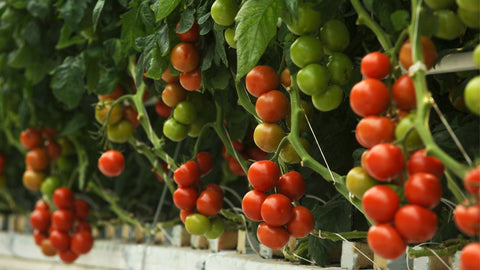
The versatility of hydroponic gardening allows for the cultivation of a wide range of plants, from leafy greens and herbs to fruits and flowers.
Hydroponic plants thrive in nutrient-rich water, making them ideal candidates for hydroponic cultivation.
Popular choices include lettuce, tomatoes, cucumbers, peppers, strawberries, basil, and many more.
With proper care and attention to environmental conditions, you can enjoy a bountiful harvest of homegrown hydroponic produce year-round, regardless of external factors like soil quality or climate.
Related Post: What Are Hydroponic Strawberries and Are They Better?
Can Hydroponic Gardens Be Outside?
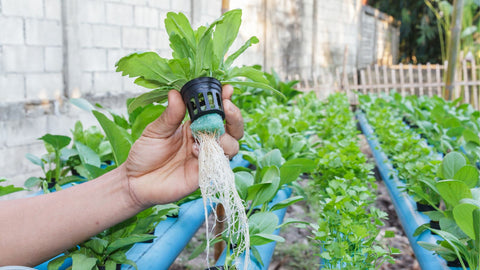
While hydroponic systems are often associated with indoor gardening due to their controlled environment requirements, it's entirely possible to set up a hydroponic garden outdoors, provided certain conditions are met.
Outdoor hydroponic gardens can thrive in areas with ample sunlight, proper shelter from extreme weather conditions, and access to water and electricity for system operation.
However, outdoor hydroponic setups may require additional monitoring and adjustments to account for environmental fluctuations compared to indoor counterparts.
Recommended for You:

Do Hydroponic Gardens Use a Lot of Electricity?
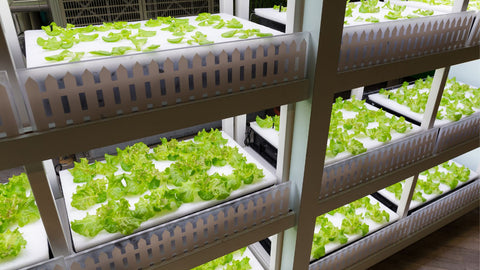
One common concern among aspiring hydroponic growers is the potential electricity consumption associated with running hydroponic systems.
While it's true that certain components such as pumps, lights, and climate control systems may require electricity, the overall energy usage can vary depending on the system size, design, and efficiency.
By choosing energy-efficient equipment, implementing smart lighting solutions like LED grow lights, and optimizing system operation, you can minimize electricity consumption and reduce your carbon footprint while enjoying the benefits of hydroponic gardening.
Related Post: Can I Make a Successful Liquid Fertilizer From Granular?
Hydroponics Advantages and Disadvantages
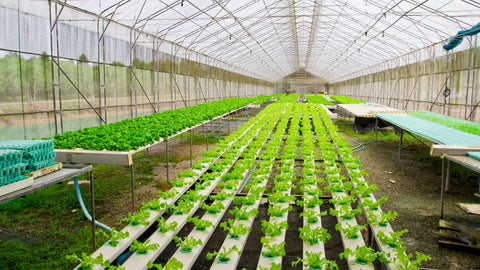
Hydroponics offers a multitude of advantages over traditional soil-based gardening, including faster growth rates, higher yields, water conservation, and space efficiency.
By eliminating the need for soil, hydroponic systems also reduce the risk of soil-borne pests and diseases, resulting in healthier plants and a cleaner growing environment.
However, it's important to acknowledge potential challenges such as initial setup costs, technical complexity, and the need for regular monitoring and maintenance.
With proper planning and dedication, the benefits of hydroponic gardening far outweigh its drawbacks, making it a rewarding and sustainable gardening method for enthusiasts worldwide.
Recommended for You:

What Fertilizer to Use for Hydroponics?
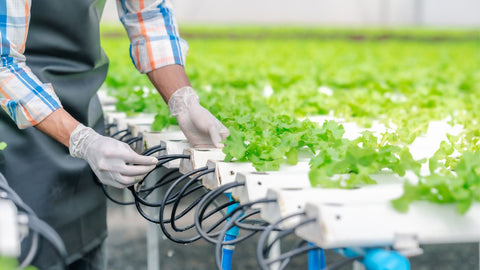
Choosing the right fertilizer is crucial for ensuring optimal plant nutrition and growth in hydroponic systems.
Greenway Biotech offers a range of high-quality hydroponic fertilizers tailored to specific plant needs, including Tomato Fertilizer, Strawberry Fertilizer, Lettuce Fertilizer, Pepper and Herb Fertilizer, and Cal Mag Fertilizer.
These powdered fertilizers can be easily dissolved in water to create a nutrient-rich solution for feeding hydroponic plants.
With balanced formulations and essential micronutrients, Greenway Biotech fertilizers promote vigorous growth, healthy foliage, and abundant yields, helping you achieve hydroponically grown success from seed to harvest.
Related Post: The Truth About Your Tomato Leaves Turning Yellow
In conclusion, building a hydroponic garden opens up a world of possibilities for both novice and experienced growers alike.
By harnessing the power of hydroponics, you can cultivate a diverse array of crops year-round, regardless of space limitations or environmental constraints.
With the right knowledge, equipment, and dedication, you can embark on a rewarding journey of homegrown hydroponics, reaping the benefits of fresh, nutritious produce and sustainable gardening practices for years to come.
Comments
0 Comments
Leave a Comment